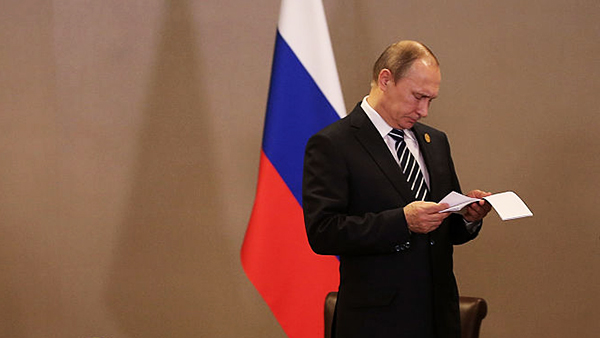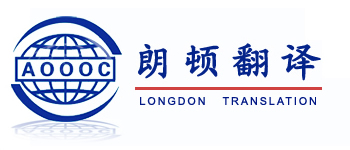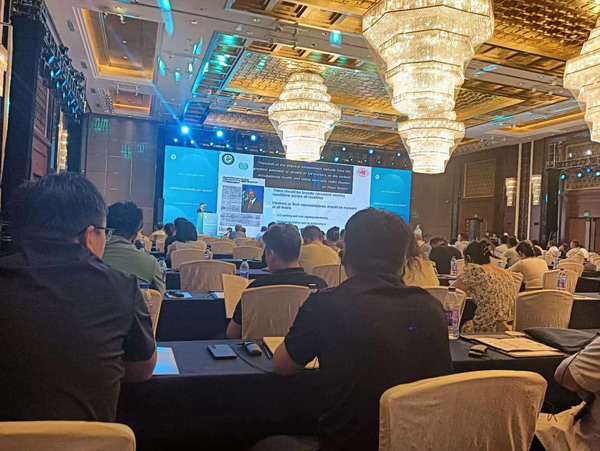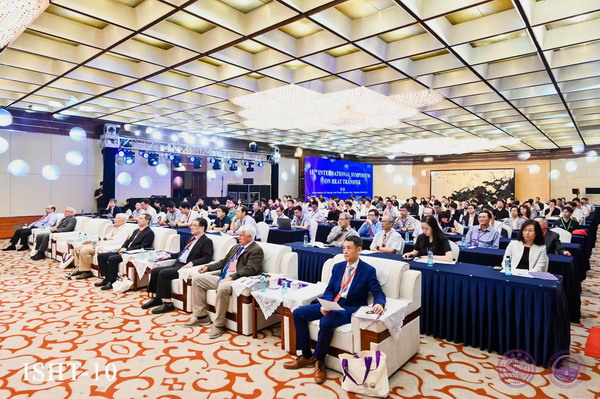Germany and Austria have castigated new American sanctions on Russia that target Moscow’s controversial Nord Stream 2 gas pipeline to Europe, describing them as an illegal threat to EU energy security.
德國和奧地利嚴(yán)厲批評美國對俄羅斯的新制裁措施,這些措施針對通向歐洲的有爭議的北溪-2 (Nord Stream 2)輸氣管道。這兩個歐洲國家形容美國此舉對歐盟的能源安全構(gòu)成了非法威脅。
Sending a strong message to Moscow, the US Senate on Wednesday voted 97-2 to approve measures that toughen existing sanctions on Moscow and create new restrictions that target companies which support Russian “energy export pipelines”.
美國參議院周三向莫斯科方面發(fā)出強(qiáng)烈信號,以97票對2票通過對俄制裁措施,一方面加大現(xiàn)有制裁,另一方面增加了一些新的限制,擬打擊那些支持俄羅斯“能源出口管道”的公司。
In a joint statement on Thursday, Berlin and Vienna said the amendment heralded a “new and very negative quality in European-American relations”.
柏林和維也納周四發(fā)表聯(lián)合聲明,稱這項修正案“在歐美關(guān)系中引入了一個非常消極的新元素”。
The Senate move threatens to break a delicate transatlantic consensus on Russia sanctions orchestrated by Chancellor Angela Merkel, which has until now excluded Russia’s export pipelines partly because they involved key German interests.
美國參議院的行動有可能在對俄制裁問題上打破微妙的跨大西洋共識,這種共識是由德國總理安格拉·默克爾(Angela Merkel)策劃的,此前它排除了俄羅斯的出口管道,部分原因就是它們涉及德國的關(guān)鍵利益。

t adds to the conflicts between Washington and Berlin that have developed since DonaldTrump’s election, following the new US president’s attacks on Germany’s defence spending andtrade surplus, and his criticisms of global economic co-operation.
此舉也增加了自唐納德·特朗普(Donald Trump)當(dāng)選以來華盛頓與柏林之間的沖突。此前美國總統(tǒng)抨擊了德國的國防開支和貿(mào)易順差,還批評了全球經(jīng)濟(jì)合作。
“Europe's energy supply is a matter for Europe, not the United States of America,” said thestatement, issued by Sigmar Gabriel, German foreign minister, and Austrian chancellorChristian Kern.
“歐洲的能源供應(yīng)是歐洲、而不是美國的事情,”由德國外長西格馬爾?加布里爾(Sigmar Gabriel)和奧地利總理克里斯蒂安·科安(Christian Kern)發(fā)表的這份聲明表示。
Ms Merkel is likely to be more cautious of criticising the Senate proposal as she has long beenwary of the Nord Stream project, which is strongly opposed by Poland and other easternEuropean EU allies.
默克爾在批評美國參議院的提案時很可能會更加謹(jǐn)慎,因為她長期對北溪項目抱有戒心,該項目受到波蘭以及歐盟在東歐的盟國的強(qiáng)烈反對。




